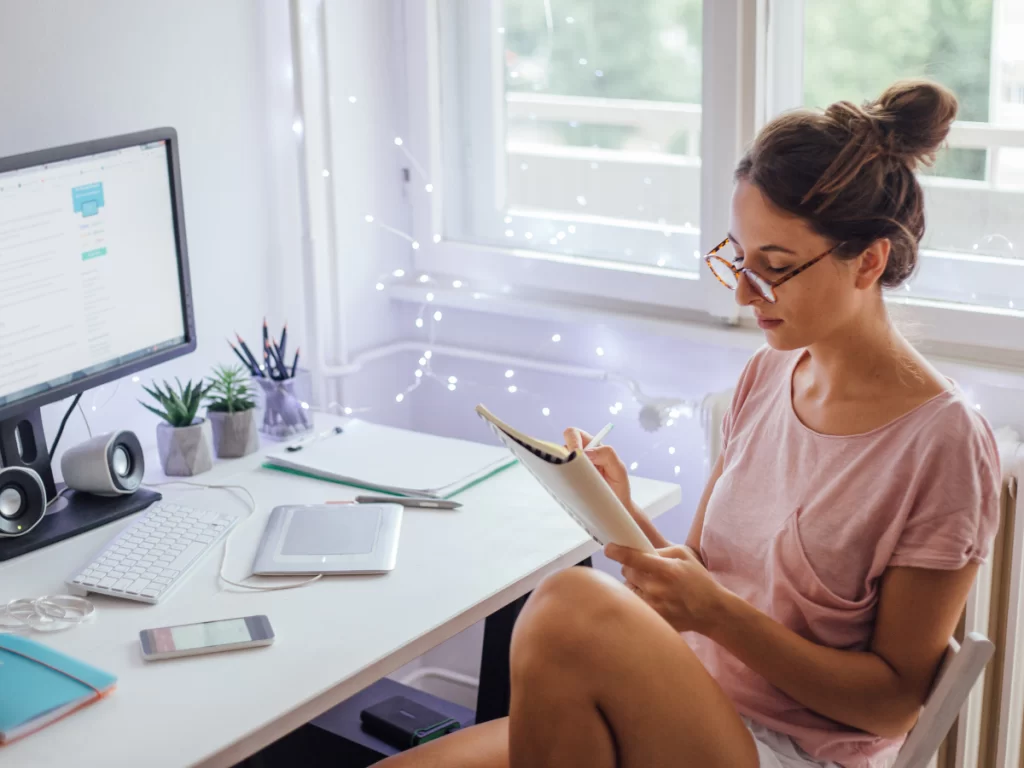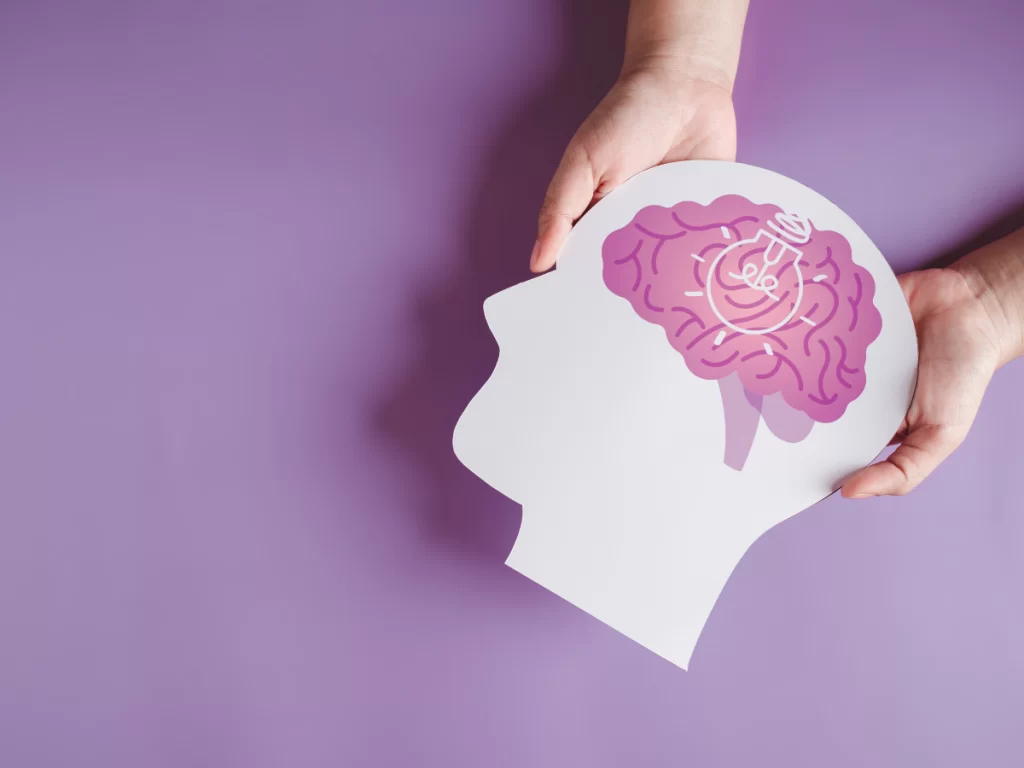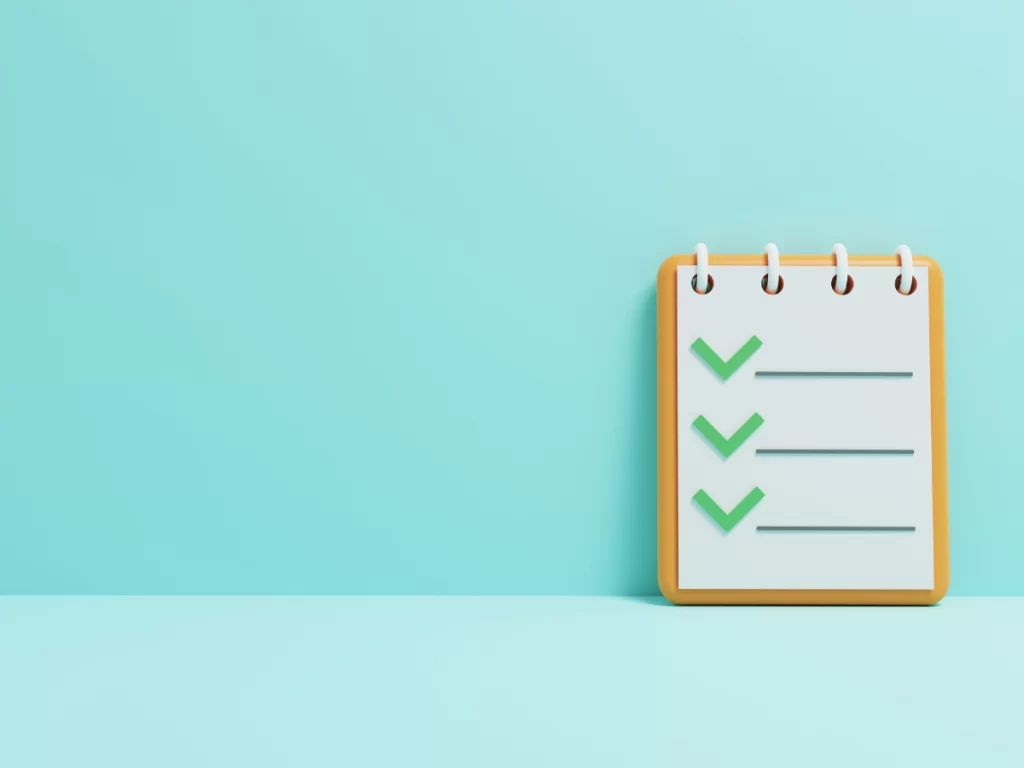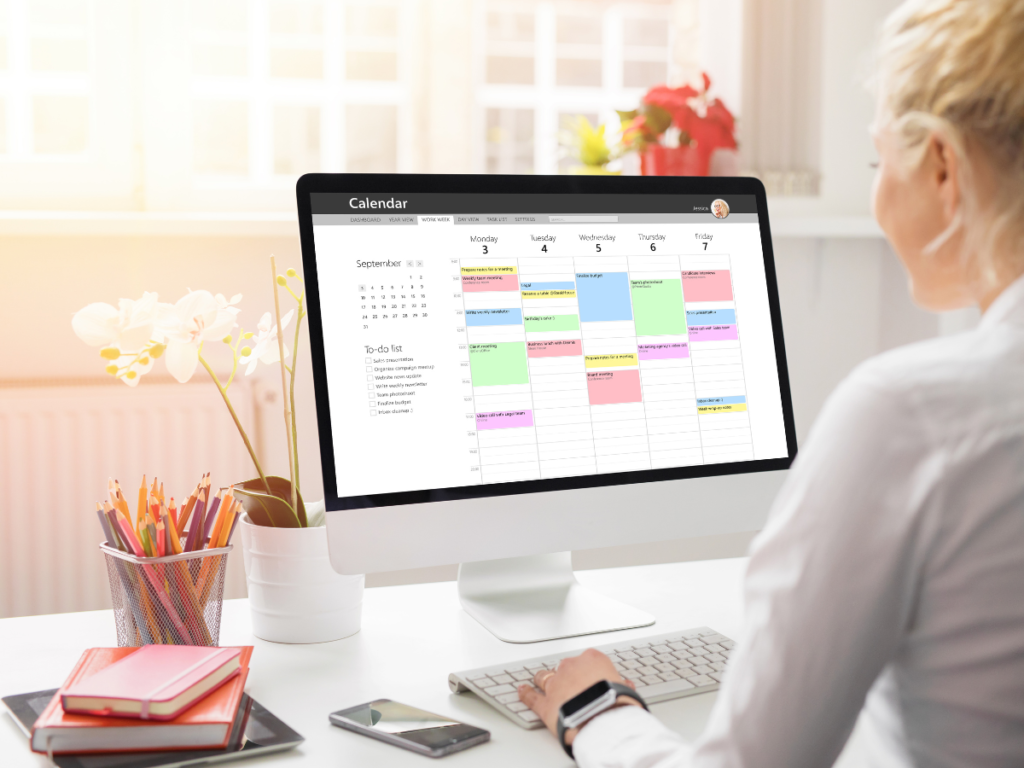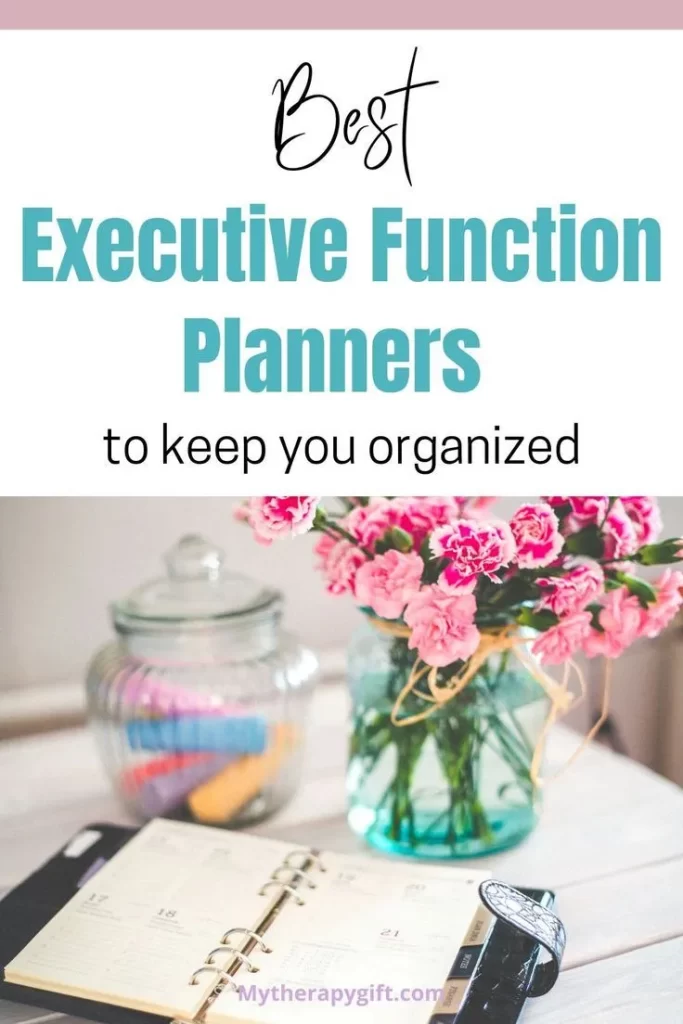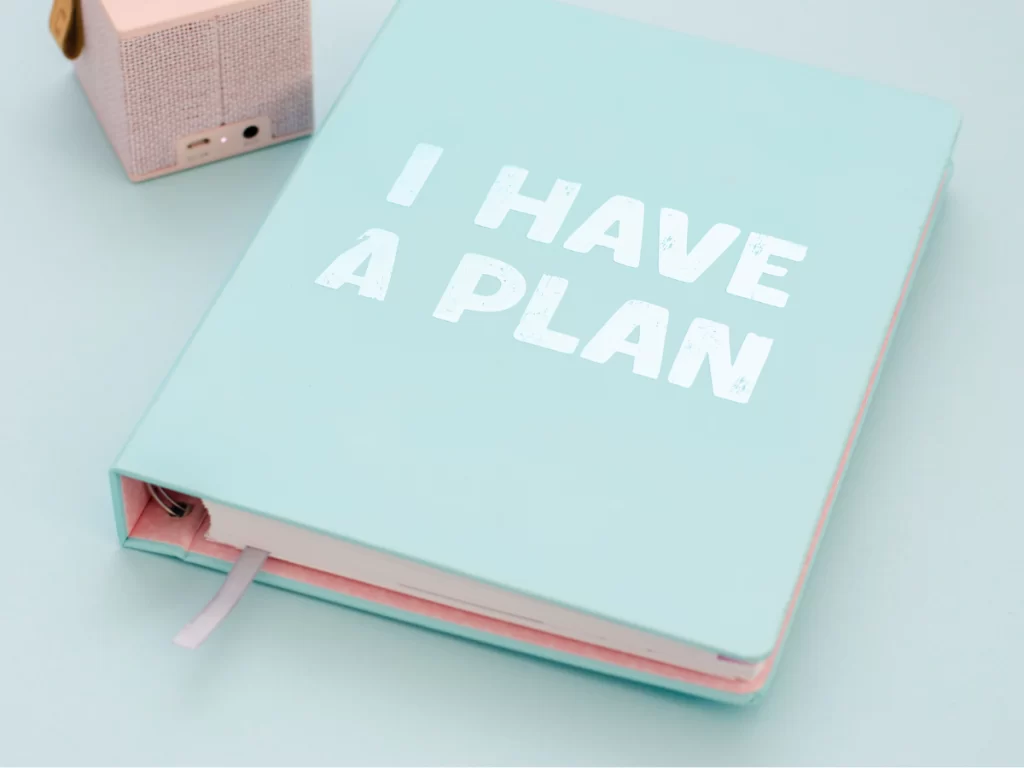Best Executive Function Planner For Adults You Will Love
In this post we will be talking about the Best Executive Function Planner for Adults.
This post is tailored towards neurodivergent women, particularly those managing ADHD and autism, and tackling the unique challenges associated with executive function.
As a neurodivergent woman myself (ADHD & Autism) and a mom of two, getting things organized is CRUCIAL to staying sane.
Thats why I wanted to write this post.
To help other women/moms like myself try to find what works best for them.
As always, there is no “one size fits all”. Just take what works and leave the rest.
Let’s dive in!
This post may contain affiliate links which means I may receive a commission for purchases made through links (at no extra cost for you). As an Amazon Associate I earn from qualifying purchases. Learn more on my Private Policy & Disclaimer page.
Best Executive Function Planners for Adults: Practical Tools for Neurodivergent Women
Navigating daily life with ADHD or autism can be an adventure in managing countless details, from to-do lists to time management and it’s EXHAUSTING!
For many of us, executive function challenges can make tasks like organizing, remembering due dates, or just starting a task feel overwhelming.
Luckily, the right executive function planner can be a powerful ally in building routines, organizing daily tasks, and supporting a sense of accomplishment.
This article explores the best planners for executive function skills and provides a guide on finding one that fits your unique needs.
What Are Executive Function Skills and Why Are They Essential?
Executive function skills are a group of cognitive abilities that act as the “control center of our brain” – handling task initiation, organization, time management, and working memory.
Research shows that these skills primarily develop in the prefrontal cortex and play a huge role in managing daily life for those of us with executive function challenges like ADHD and autism spectrum disorders.
This “control center” is also vital for managing complex tasks, emotional regulation, and even social skills.
In recent years there has been a rise in planners designed specifically for neurodivergent adults who may need extra support in managing these areas, especially around academic and professional responsibilities.
For those with ADHD, autism, or related executive dysfunction, finding a planner that aligns with your thinking style can be transformative.
So when you are wondering “why can’t I just keep it together?” … this is probably why. It’s not that you are being lazy or not trying hard enough, it’s simply that you need to find a system that works WITH your brain instead of trying to force your brain to adapt.
Key Features of an Effective Executive Function Planner
When looking for the best executive function planner, there are certain features to prioritize, especially for unique needs associated with neurodivergence:
1. Clear and Organized Layout
- A clutter-free layout with daily planner sections, large boxes, and visual reminders can reduce overwhelm and make planners easier to follow.
- Tools like sticky notes or sand timers can be added to complement the planner and provide more specific organizational aids.
2. Time-Blocking for Improved Time Management
- For those with executive function issues, time-blocking (allocating a set time to tasks) can be invaluable. Look for planners that offer time-blocking sections to help you stay focused and manage time blindness.
For example: I get a blank piece of paper and organize my day by chunks.
- 6:00 – 8:30: Get the kids ready for school and drop them of
- 8:30 – 10:00: Get home and put the laundry in the washer and take out trash
- 10:00 – 12:00: start meal prepping and cooking everything
- … and so on.
The great thing about this is that you are not constantly trying to remember everything.
It has a time and place, just stick to your schedule and everything will get done.
And please, be flexible with yourself. There are good days and bad days. Just take a breath and try again tomorrow.
3. Weekly and Monthly Goal Setting
- Planners with both weekly and monthly goal-setting options can help with long-term planning and organizing “big picture” academic success or work projects.
4. Sections for Task Initiation and Prioritization
- Many neurodivergent individuals struggle to start tasks. An effective planner will include prioritization tools that guide you on where to start, helping with task initiation and overcoming the initial inertia.
If I know that I need to clean, sometimes watching a few TikTok’s on cleaning does the trick to get the motivation going. Also, make a song playlist to help with the boredom of doing a task.
Cleaning to your favorite music always helps!
5. Sensory-Friendly Design
- Neurodivergent women often benefit from planners that are visually calm and have a minimalist, non-distracting design.
Less “clutter” means less “visual noise” and it makes it easier to think. At least that has been my experience.
Top Planner Recommendations
Let’s explore some of the best planners that meet these criteria, tailored for women managing ADHD, autism, and other executive function challenges:
1. The Panda Planner
- Overview: This planner is based on research around productivity and motivation. Each section encourages gratitude, daily priorities, and weekly reflection.
- Who It’s For: Ideal for those who benefit from structured, goal-oriented layouts with prompts for focus and organization.
- Standout Features: Includes prompts for weekly goal-setting and reflection, which supports growth in executive functioning skills.
2. Clever Fox Planner Pro
- Overview: The Clever Fox Planner Pro offers a customizable layout, goal sections, and habit trackers, making it suitable for neurodivergent women.
- Who It’s For: Those who prefer a high level of flexibility, with weekly habit trackers and goal sections to reinforce progress.
- Standout Features: Includes goal-tracking areas and a clear layout that minimizes sensory overload.
3. SUNEE Planner
- Overview: The SUNEE Weekly & Monthly Planner includes space for daily tasks, monthly reflections, and long-term goals, making it suitable for those needing a balanced approach.
- Who It’s For: Women who like to work with goals in mind and need prompts to guide their planning process.
- Standout Features: Offers both daily and monthly overviews, a section for monthly reflections, and a flexible layout that can be adapted to various executive function needs.
Tips for Creating a Planner Routine That Works for You
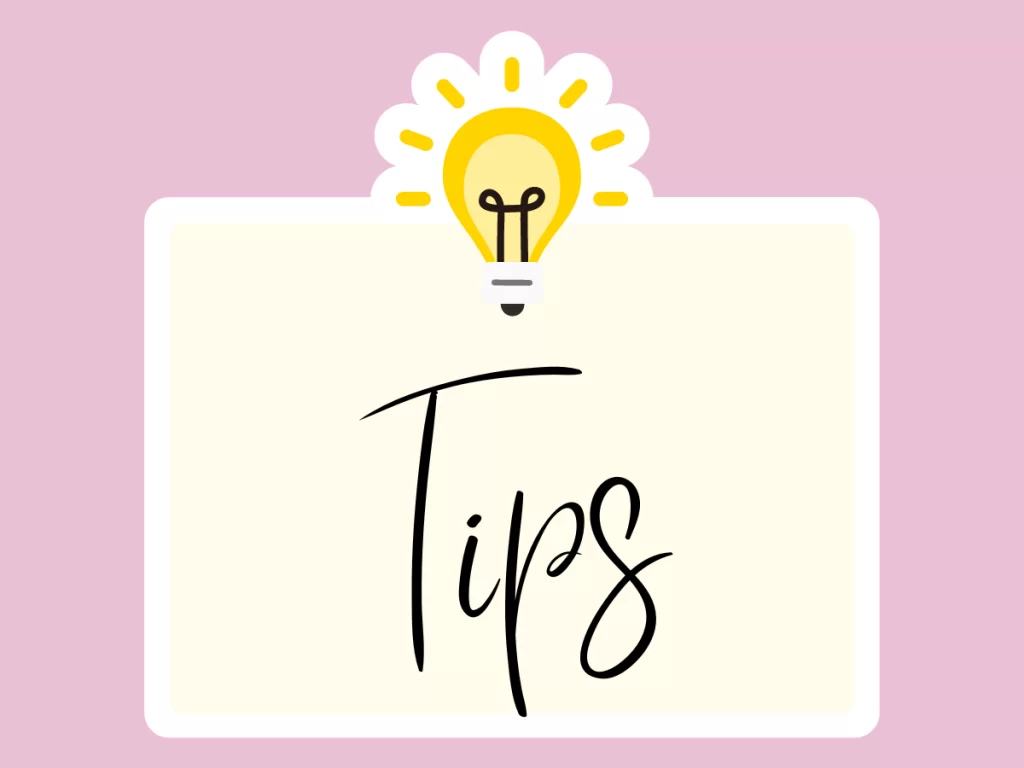
Even the best planner won’t be effective without a routine. Here are some tried-and-true strategies to make the most out of your planner:
1. “Brain Dump” Technique
- Start with a brain dump every morning or evening by jotting down all thoughts, ideas, and tasks in one section of the planner.
- This way, your brain is clear to focus on each day’s daily schedule without the distraction of scattered ideas.
2. Time-Blocking with Reminders
- Block specific times for tasks and include breaks.
- If you’re prone to time blindness, setting phone alarms for task transitions can keep you on track.
I personally got this cute little timer that has a smily face. In my case, the cute the object the better my mood. It also falls under the whole Dopamine Decore trend of having things around your house that just make you happy.
3. Use Color Coding
- Color coding helps differentiate between types of tasks and can improve your organizational skills.
- For example, use one color for work, another for home, and another for social activities.
Who doesn’t LOVE to color code! My family is color coded so when I look at our weekly schedule I know what needs to happen and where I need to go.
Color coding with sticky notes is also a win for me! These are the ones I use and you can get them in different sizes to fit your needs.
The Role of Digital Planners for Executive Function Support
While paper planners are great tools, digital planners have unique advantages for neurodivergent individuals:
Notion and Todoist are flexible digital planners that allow you to customize your layout, set reminders, and link notes directly to tasks.
Benefits of Todoist as a Digital Planner:
- Simple Task Management: Add, organize, and track tasks effortlessly.
- Natural Language Input: Add tasks quickly with phrases like “Call mom tomorrow at 5 PM.”
- Prioritization: Highlight high-priority tasks for focus.
- Collaboration: Share tasks and projects with others, fostering teamwork.
- Integrations: Connect with tools like Google Calendar and Slack.
- Gamified Motivation: Track productivity with the Karma system.
- Offline Access: Plan tasks even without internet connectivity.
- Ease of Use: Clean, intuitive design suitable for straightforward task management.
Benefits of Notion as a Digital Planner:
- Customization: Create unique pages for projects, journals, or databases.
- All-in-One Workspace: Combine task management, note-taking, and database creation.
- Team Collaboration: Share spaces with teams for real-time updates.
- Templates: Use pre-designed templates for planners, habit trackers, and more.
- Cross-Platform Access: Sync seamlessly across devices.
- Deep Organization: Tag, categorize, and filter information to suit personal or professional needs.
- Rich Media Integration: Add images, links, and files for a robust planning experience.
Comparison:
- Simplicity vs. Complexity: Todoist is ideal for straightforward task management, while Notion offers robust customization for those who prefer detailed organization.
- Collaboration: Both support teamwork, but Notion excels in managing large projects with shared spaces.
- Learning Curve: Todoist is beginner-friendly, while Notion requires time to master its features.
- Use Cases: Todoist focuses on task tracking, while Notion supports multi-faceted workflows like databases and wikis.
Google Calendar
Google Calendar is another effective tool, particularly for time management and creating visual schedules. And the best part is that it’s FREE.
- Easy Scheduling: Quickly create events, appointments, and reminders with a simple interface.
- Cross-Device Syncing: Access your calendar seamlessly across desktop, tablet, and mobile devices.
- Integration with Google Workspace: Link with Gmail, Google Meet, and other Google apps for streamlined workflow.
- Shared Calendars: Collaborate with family, friends, or colleagues by sharing calendars for better coordination.
- Custom Notifications: Set reminders to stay on top of events and deadlines.
- Color Coding: Organize events by color to visually differentiate categories.
- Recurring Events: Automate repetitive tasks, such as weekly meetings or daily routines.
- Task and Goal Tracking: Add personal goals or tasks that integrate with your calendar view.
- Time Zone Adjustments: Schedule events with global participants effortlessly with automatic time zone adjustments.
- Third-Party Integration: Sync with tools like Todoist, Trello, and Slack to centralize planning.
- Search Functionality: Quickly find past or future events with a robust search feature.
- Offline Access: View and edit your calendar without internet, syncing changes later.
- Public Calendars: Subscribe to public calendars for holidays, sports schedules, or other interests.
Digital planners can offer unique support for those with executive function disorder by providing visual reminders and alerts that prompt task completion.
PLUS you can sync with other family members. I link my schedule with my husband so we can tag-team tasks. And I basically use him as a backup reminder. 🙂
Book Recommendations
For those looking to dive deeper into executive function strategies, here are some resources and books with helpful strategies for neurodivergent adults:
“Smart but Scattered” by Peg Dawson and Richard Guare
Peg Dawson and Richard Guare are psychologists specializing in executive function skills. They’ve developed practical strategies for improving organization, time management, and self-regulation.
Known for their expertise in ADHD and learning differences, they co-authored Smart but Scattered, offering science-backed tools for parents, educators, and individuals to enhance productivity and life skills.
Smart but Scattered is a practical guide for understanding and improving executive function skills, essential for managing daily life.
The book helps readers identify strengths and weaknesses in areas like organization, time management, emotional control, and task completion.
It provides actionable strategies tailored for children and adults to enhance productivity, reduce stress, and build essential life skills.
Key features include self-assessments, personalized plans, and practical tips for fostering growth in a supportive way.
Whether for parents, educators, or individuals, this book offers clear, science-backed tools to unlock potential and overcome everyday challenges effectively.
“The Mindfulness Prescription for Adult ADHD: An 8-Step Program for Strengthening Attention, Managing Emotions, and Achieving Your Goals” by Lidia Zylowska
Dr. Lidia Zylowska is a psychiatrist specializing in ADHD and mindfulness-based therapies. She co-founded UCLA’s Mindful Awareness Research Center and pioneered mindfulness interventions for ADHD.
Her work focuses on integrating mindfulness with mental health treatment, emphasizing attention, emotional regulation, and resilience.
The book introduces an 8-step program that blends mindfulness practices with ADHD-specific strategies to enhance focus, regulate emotions, and reduce stress.
It includes guided exercises, meditations, and real-life examples tailored to ADHD challenges. Readers learn how to manage distractions, improve self-awareness, and build sustainable habits to achieve their goals.
Grounded in science and compassion, this book empowers individuals to approach their ADHD with mindfulness, fostering greater self-acceptance and the ability to navigate life with confidence.
Online Resources
ADDitude Magazine
ADDitude Magazine offers expert-backed articles, practical advice, and real-life stories on managing ADHD across all life stages.
Key features include tips for improving focus, emotional regulation, and time management, along with strategies for parenting, relationships, and work success.
The magazine covers ADHD comorbidities like anxiety and autism, providing holistic insights.
Some things that I love about it is that you can find free webinars, downloadable tools, and community forums.
Conclusion: Finding Your Perfect Planner for Executive Function Skills
When it comes to finding the right executive function planner, your individual needs will guide you. What works for me may not necessarily be your cup of tea but simply take what works and leave the rest.
Whether you choose a daily planner with time-blocking, or a more open-ended journal like the Passion Planner, using these tools can make a real difference in managing executive function issues and building routines that work with your unique style.
Remember, planning is a skill that takes practice, so give yourself grace as you explore what works best for you.
It’s ok if there are days you forget to use the planner or simply loose track all together. I’ve been there and it still happens to me.
Just try again.
With patience and the right tools, you’ll soon be on the path to greater organization and balance.

